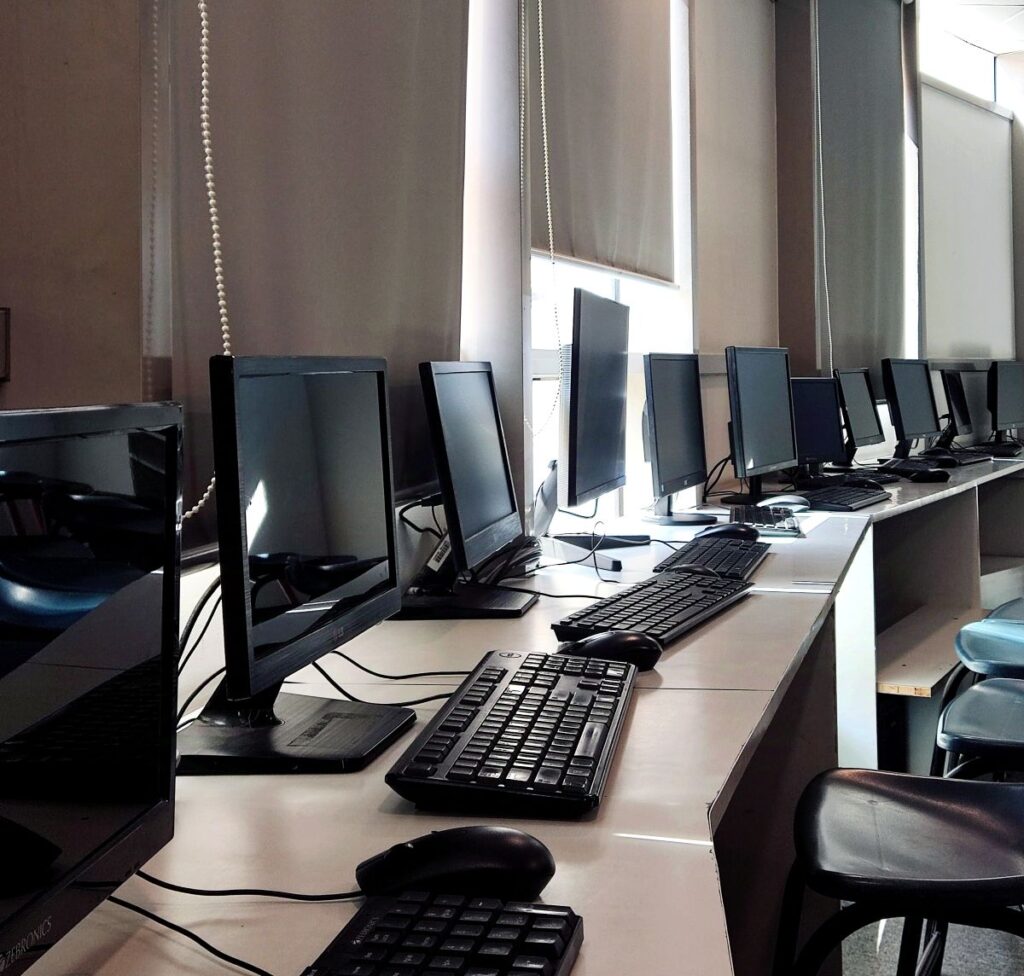By Neerja Chauhan
In today’s technology-driven world, electronic devices have become essential in modern education. Schools like Vega Schools, which is one of the top schools in Gurgaon, prioritize innovation and technology and rely heavily on digital tools to enhance the learning experience. However, the frequent upgrading and replacement of devices have led to a pressing concern: electronic waste, or e-waste. As more gadgets enter classrooms, managing and reducing e-waste becomes an increasingly critical challenge.
Understanding E-Waste in Schools
E-waste refers to discarded electronic devices such as laptops, tablets, and smartboards, which are commonly used in schools that emphasize tech-forward approaches to education. While these tools undoubtedly enhance learning, they also have a limited lifespan. When they become outdated or non-functional, they often end up in landfills. Unfortunately, e-waste contains hazardous materials like lead, mercury, and cadmium, which can contaminate soil and water, posing significant risks to human health and the environment.
The volume of e-waste generated in schools is growing rapidly. As institutions like Vega Schools continue to integrate cutting-edge technologies to improve learning outcomes, they acknowledge and address the environmental impact of discarded electronics. The challenge lies in balancing the benefits of technology with the need for sustainable practices to mitigate the harmful effects of e-waste.

How Schools Can Reduce E-Waste?
Vega Schools are taking proactive steps to combat the issue of e-waste. One approach is extending the lifespan of electronic devices through regular maintenance, timely repairs, and software updates. By ensuring that devices last longer, schools can reduce the need for frequent replacements, thereby minimizing waste. Vega Schools have partnered with certified e-waste recycling programs, ensuring that when devices do reach the end of their life cycle, they are disposed of responsibly. These programs prioritize repurposing or recycling components in an environmentally friendly way.
Moreover, Vega Schools are actively raising awareness among learners about the environmental consequences of e-waste. Learners are encouraged to participate in recycling initiatives at school and home, cultivating a sense of environmental responsibility. Teaching them to recycle old electronics not only reduces waste but also instills lifelong habits of sustainability.
Promoting Shared Usage of Technology
While technology is undeniably crucial in today’s educational landscape, schools can manage it more sustainably by promoting shared usage like Vega Schools, the best school in Gurgaon. Rather than providing individual tablets to every learner, devices can be used on a shared basis for research and experiential learning. Generative AI now allows for vast amounts of information, analysis, and inference to be accessed in seconds, reducing the need for excessive hardware in the classroom.
By extending the use of electronics, partnering with recycling programs, and engaging learners in eco-friendly practices, schools can significantly reduce their environmental footprint. It is crucial for educational institutions to take action now to ensure that technological advancement does not come at the expense of our planet’s health.
Explore Vega Schools’ insights on Green Initiatives by Vega Schools’. Read More.
Vega Schools offers holistic education to children in Delhi NCR and is rated among the top Schools in Gurgaon. Its modern infrastructure, facilities, and experienced teachers are a big asset to the learning & development of students, be it for Nursery, Primary or Senior children making Vega Schools the best schools in Gurgaon. For information about admission please visit the Vega Schools campuses in Sector 48 and Sector 76 Gurugram.
